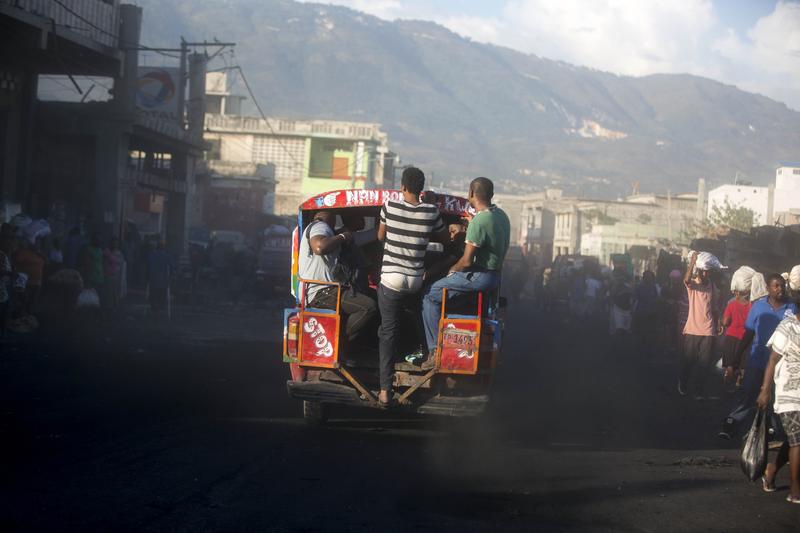
Cynthia Arnson, director of Latin American Program at Woodrow Wilson International Center for Scholars, talks about the ongoing political turmoil in Nicaragua.
On why ppl are protesting in Nicaragua, @CindyArnson says there's always the initial spark, & the underlying issues. She says the spark was a large fire the gov't was ineffective in fighting; subsequently, reductions in Venezuelan subsidies led to pension reforms in Nicaragua.
— Brian Lehrer Show (@BrianLehrer) July 24, 2018
On whether this crisis will lead to more Nicaraguans in the U.S., @CindyArnson says a greater push toward migration is in the cards -- bc the economy is going to take a hit. But at least for now, more may migrate to neighboring Costa Rica than the U.S.
— Brian Lehrer Show (@BrianLehrer) July 24, 2018
Then, Brian Concannon, executive director at the Institute for Justice and Democracy in Haiti, talks about recent political and social unrest in the aftermath of a fuel pricing crisis in Haiti
On why the IMF would end fuel subsidies, @HaitiJustice says they say the subsidies are burning a hole in the gov't's budget. Poor ppl benefit from subsidies; rich ppl do, too. But in countries like Haiti, when subsidies end, there's nothing there to cushion the blow for poor ppl.
— Brian Lehrer Show (@BrianLehrer) July 24, 2018
